To provide the best experiences, we use technologies like cookies to store and/or access device information. Consenting to these technologies will allow us to process data such as browsing behaviour or unique IDs on this site. Not consenting or withdrawing consent, may adversely affect certain features and functions.
The technical storage or access is strictly necessary for the legitimate purpose of enabling the use of a specific service explicitly requested by the subscriber or user, or for the sole purpose of carrying out the transmission of a communication over an electronic communications network.
The technical storage or access is necessary for the legitimate purpose of storing preferences that are not requested by the subscriber or user.
The technical storage or access that is used exclusively for statistical purposes.
The technical storage or access that is used exclusively for anonymous statistical purposes. Without a subpoena, voluntary compliance on the part of your Internet Service Provider, or additional records from a third party, information stored or retrieved for this purpose alone cannot usually be used to identify you.
The technical storage or access is required to create user profiles to send advertising, or to track the user on a website or across several websites for similar marketing purposes.
 More than half of men who have children or other caring responsibilities want to be more involved in childcare, a new study commissioned by Business in the Community, in partnership with Santander UK, has found. The Equal Lives research asked 10,225 UK parents for their views on work and care, and found that traditional gender roles in caring are seen as increasingly outdated, with 85 percent of men believing that they should be as involved as women in caring for their children.
More than half of men who have children or other caring responsibilities want to be more involved in childcare, a new study commissioned by Business in the Community, in partnership with Santander UK, has found. The Equal Lives research asked 10,225 UK parents for their views on work and care, and found that traditional gender roles in caring are seen as increasingly outdated, with 85 percent of men believing that they should be as involved as women in caring for their children.






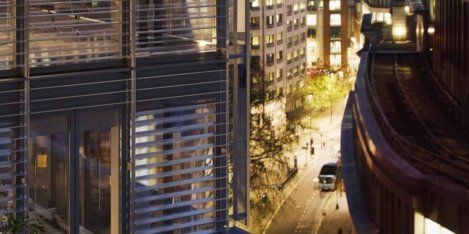





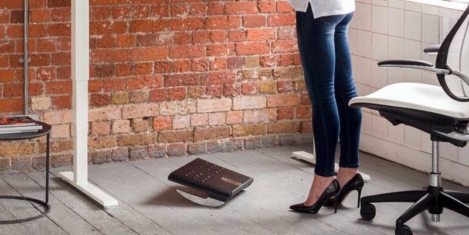
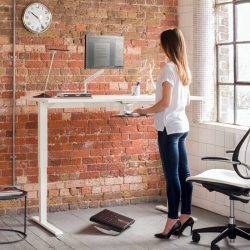


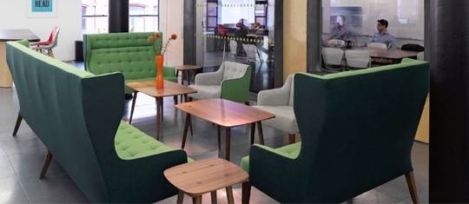




 Almost 60 percent of UK employees are unable to identify key symptoms of the most common mental health conditions resulting in treatment delays for millions of workers. A new study from Bupa examined employees’ understanding of key psychological and behavioural symptoms of six of the most prevalent conditions in the UK, as well as identifying widely-held misconceptions. The research reveals that inaccurate assumptions have caused almost seven million people to delay seeking support for a mental health problem. Early diagnosis and treatment of conditions can improve recovery rates which is why medical experts at Bupa want to raise awareness of the accurate symptoms.
Almost 60 percent of UK employees are unable to identify key symptoms of the most common mental health conditions resulting in treatment delays for millions of workers. A new study from Bupa examined employees’ understanding of key psychological and behavioural symptoms of six of the most prevalent conditions in the UK, as well as identifying widely-held misconceptions. The research reveals that inaccurate assumptions have caused almost seven million people to delay seeking support for a mental health problem. Early diagnosis and treatment of conditions can improve recovery rates which is why medical experts at Bupa want to raise awareness of the accurate symptoms. 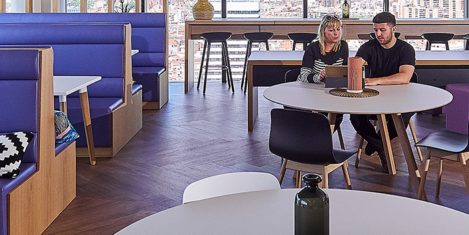
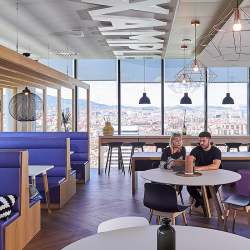














August 15, 2018
The global problem of overwork and the right to disconnect
by Aki Stamatis • Comment, Flexible working, Technology, Wellbeing
Anybody who doubts the importance of work and working culture to people’s lives should look at the resistance to President Macron’s mooted changes to labour laws. His attempts to modernise and liberalise French workplace legislation marked the first cracks in his reputation and brought millions of French workers to the streets as part of a national strike.However, one change to French legislation that met with little or no resistance earlier this year was a new right to avoid work emails outside working hours. Under the legislation, firms with more than 50 workers will be obliged to draw up a charter of good conduct, setting out the hours when staff are not supposed to send or respond to emails as they seek a right to disconnect.
More →